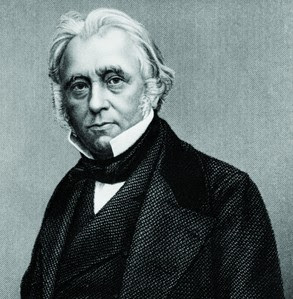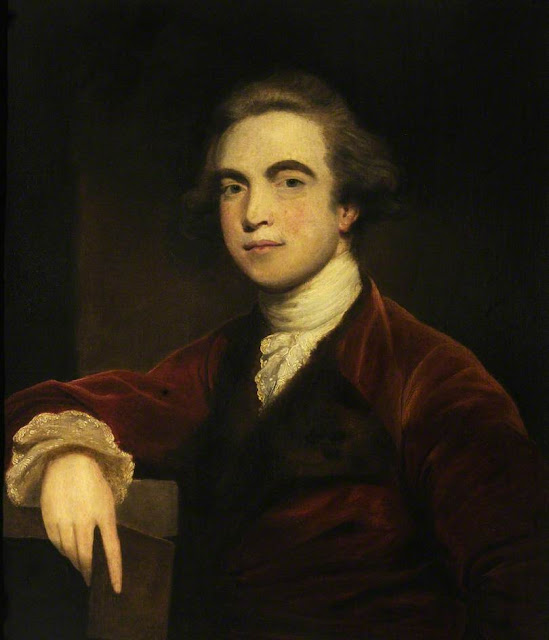The Road to Macaulay: The Macaulay Moment

When he presented his Minutes in 1835, Macaulay’s mission was to align the educational funds, after its ten-fold increase, with the Utilitarian project of administrative and legal reforms. This was a break with the past, of all reverence towards any ‘ancient constitution’, but a reaffirmation of some continuities as well : The vision of a Military-Fiscal-Pedagogical state, a statement of moral confidence and recognition of a modernising mission. The Orientalist corpus of Indian antiquity supplied the idea of an antiquated India that needed to be transformed with European knowledge, just as Peter the Great effected on ancient Muscovy. The post-abolitionist confidence enabled Macaulay to transcend the fears of an reawakened Indian nation breaking off from the British, that constrained the thinking of earlier generations; rather, he celebrated such a possibility. Macaulay’s arguments were based on appeal to pragmatic reason, and part of his own project of creating Codes of Law for I...



